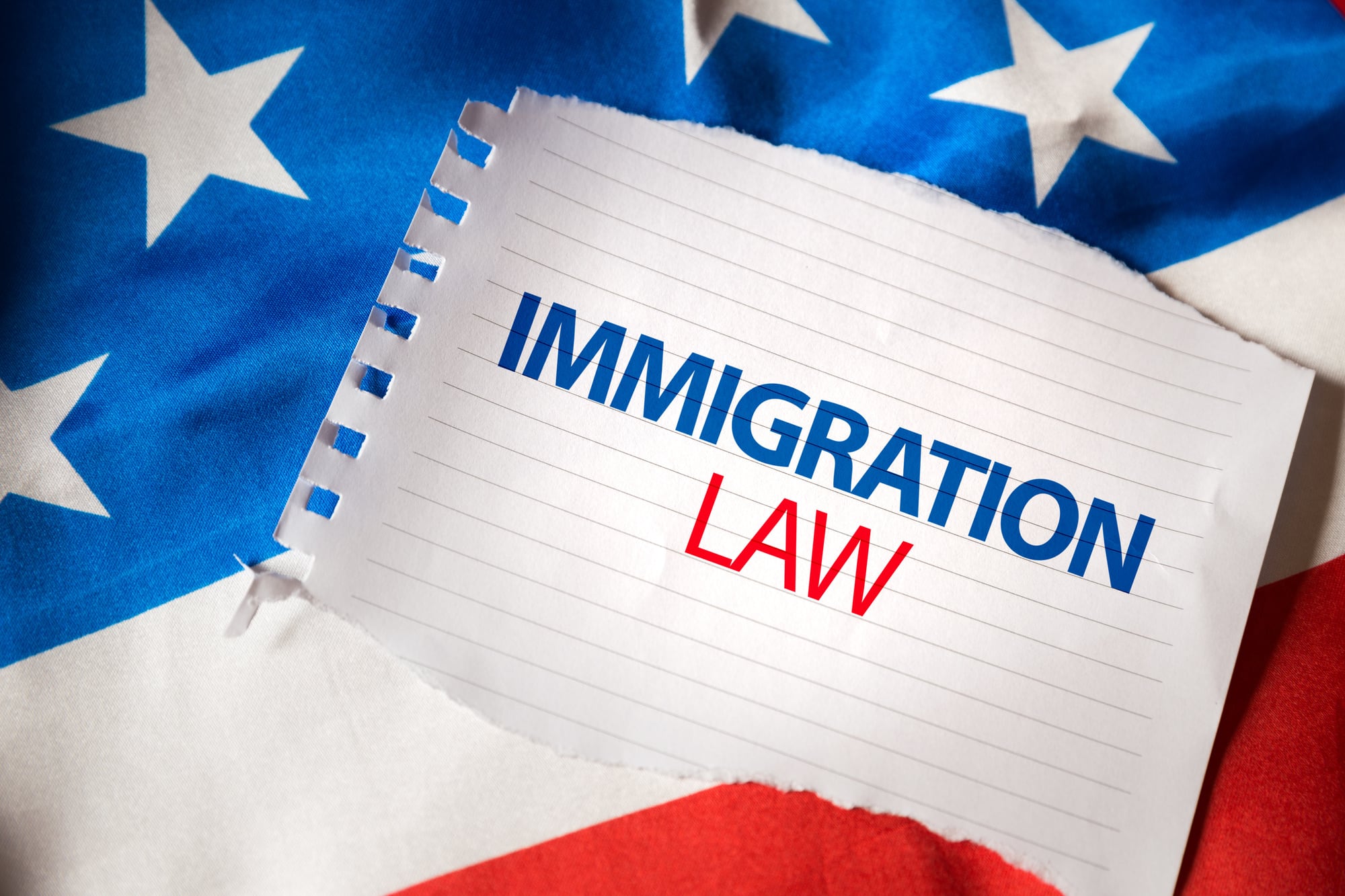By: Richard Hanus, Esq.
Published June 5, 2021
For centuries, America has been a prime destination for international immigrants. If you’re currently considering coming to the US, then following the law is paramount.
Consistent with the public’s perception, our overall immigration system can present problems now. Temporary detention centers are way over capacity, and Covid-19 hasn’t made things easier. The pandemic has been causing extreme delays, supply shortages, and more.
That doesn’t mean you shouldn’t come, though! If you know what immigration laws to follow, then you’ll be in a better position. Read on to learn five important ones you need to understand before making your plans.
1. You Need a Visa
By law, no one is to enter the US without authorization. US citizens are free to travel, but non-US citizens – except for Canadians and ESTA eligible foreign nationals – need to apply for a visa to come to the US.
Are you planning on coming to America for a vacation or business meeting? If so, if you are not Canadian or ESTA eligible, you will need to go through the visa process. Overall, here are examples of the the types of visas one can apply for:
- Immigrant (to become a permanent resident)
- Visitor (tourism or business)
- Temporary work visa (e.g. H-1B, H-2B, J-1, etc)
- Fiancee (to get married)
- Student
- Transit (traveling through the US to another country)
If you plan to move to the US, then you’ll likely want an immigrant visa. You can also opt for a fiancee visa if you’re currently engaged to a US citizen, or enter under some other type of temporary visa and if allowed by law, adjust your status to lawful permanent resident status in the U.S.
2. Getting Your Green Card
Were you approved for your visa? Congratulations! It’s no easy feat, and the green card and naturalization process has not gotten any easier over the years.
If you are entering the U.S. by way of an immigrant visa processed at a U.S. consular post abroad, you’ll next need to pay a USCIS immigrant fee so that your official green card can be processed and issued following your arrival in the U.S. At time of arriving in the U.S. on an immigrant visa however, the U.S. embassy or consulate will issue you specific documents needed to provide U.S. inspection officials at your port of entry, and following entry, the wheels are set in motion for your green card to be issued.
3. Entry Process
There are more laws that dictate how you’ll get into the country. Once you reach a port, you’ll need to provide all your documents to officials. Then, you’ll go through an inspection process.
Once that’s complete, you’ll get access to America! If you’re entering on an immigrant visa, you can expect to receive your official green card in the mail.
4. Refugee Laws
If you need to flee your home country due to persecution you face on account of your race, religion, political belief or social group, then you may qualify for refugee status. To seek entry into the U.S. as a refugee, a foreign national should contact the nearest US Embassy to discuss options for getting a refugee visa, or simply request asylum (see below) in the U.S. at time of attempted entry into the U.S., such as at a port of entry.
5. Asylum Laws
America also has asylum laws. If you reach a port of entry and can demonstrate a well founded fear of returning to your home county because of persecution you face based on your race, religion, political belief or social group, you’re considered a refugee, and eligible to seek asylum. Asylum is essentially the same as refugee status, except it’s a term used for those seeking such status while in the U.S.
Immigration Laws are Always in Flux
While Covid-19 has caused considerable chaos, our U.S. immigration system remains intact at its core. If you follow immigration laws, then you shouldn’t worry about traveling to enter, or moving to the US – it’s just that execution of your plan might be more or less delayed. Now that you know the rules, start following through on your goals and making plans.
Do you have more questions and concerns about working in, traveling to or even moving to the US? Do you want to verify that you’re taking all the right steps before finalizing such plans or making the big move? We’re here to help. Leave your questions on our online contact form, and we’ll reach back out to you ASAP.
PUBLISHED June 5, 2021– “IMMIGRATION LAW FORUM” Copyright © 2021, By Law Offices of Richard Hanus, Chicago, Illinois

